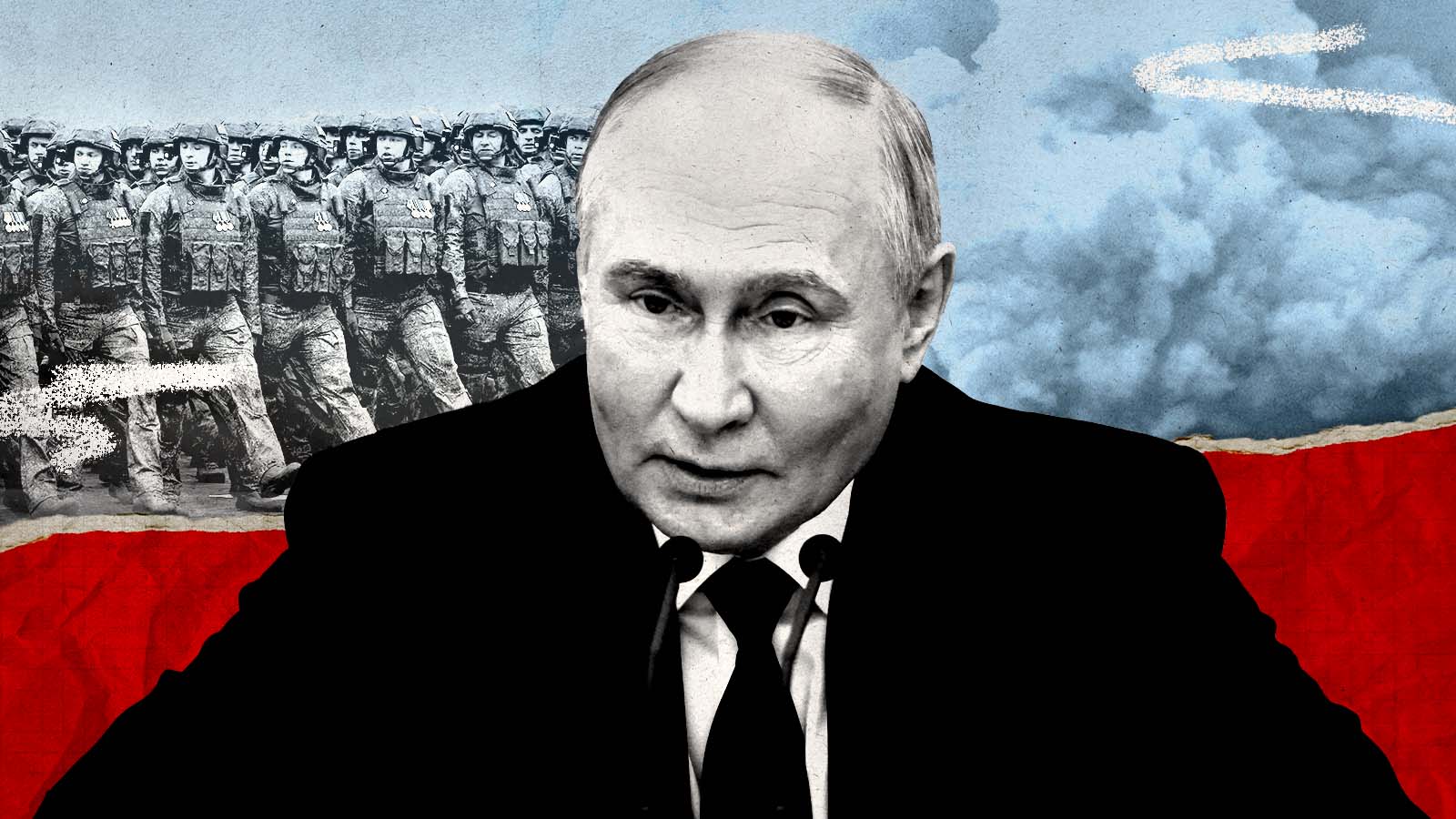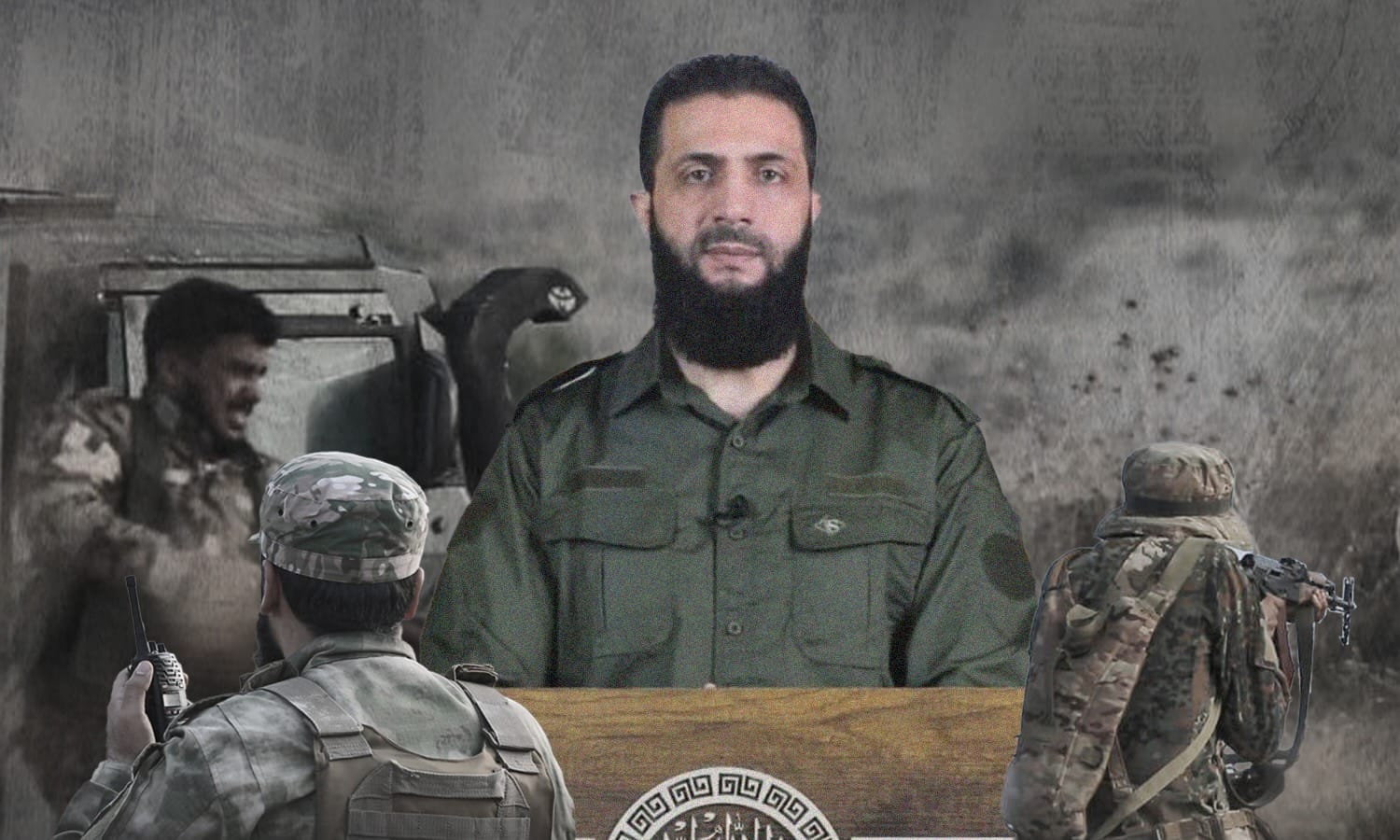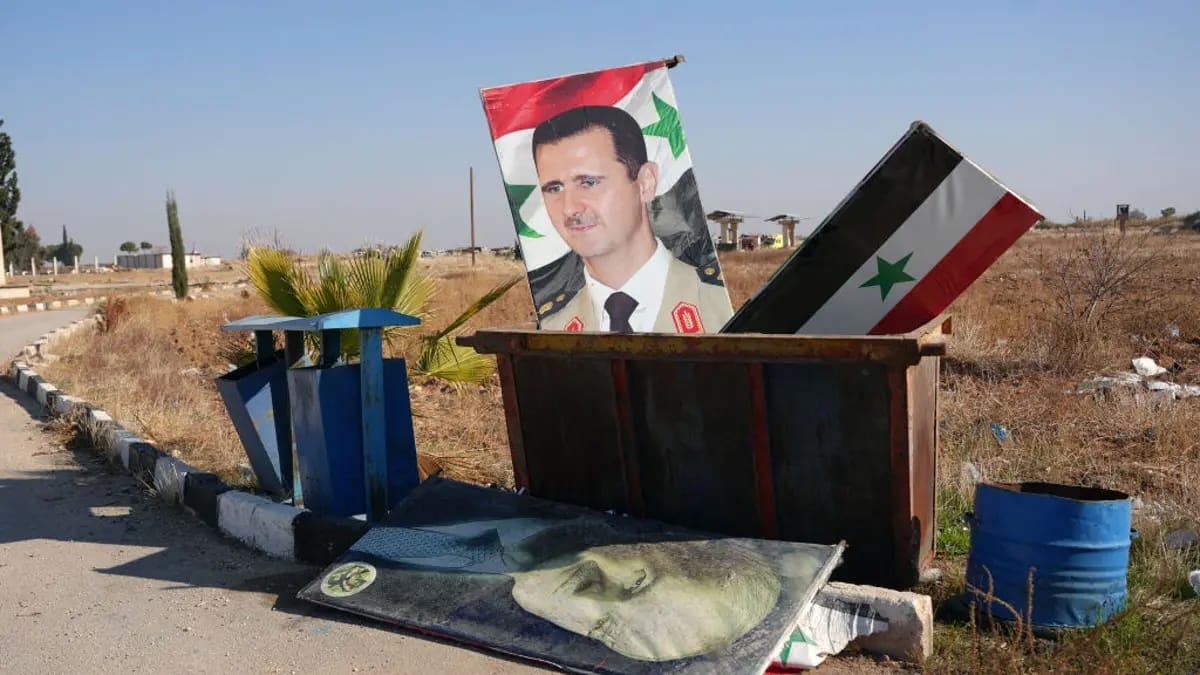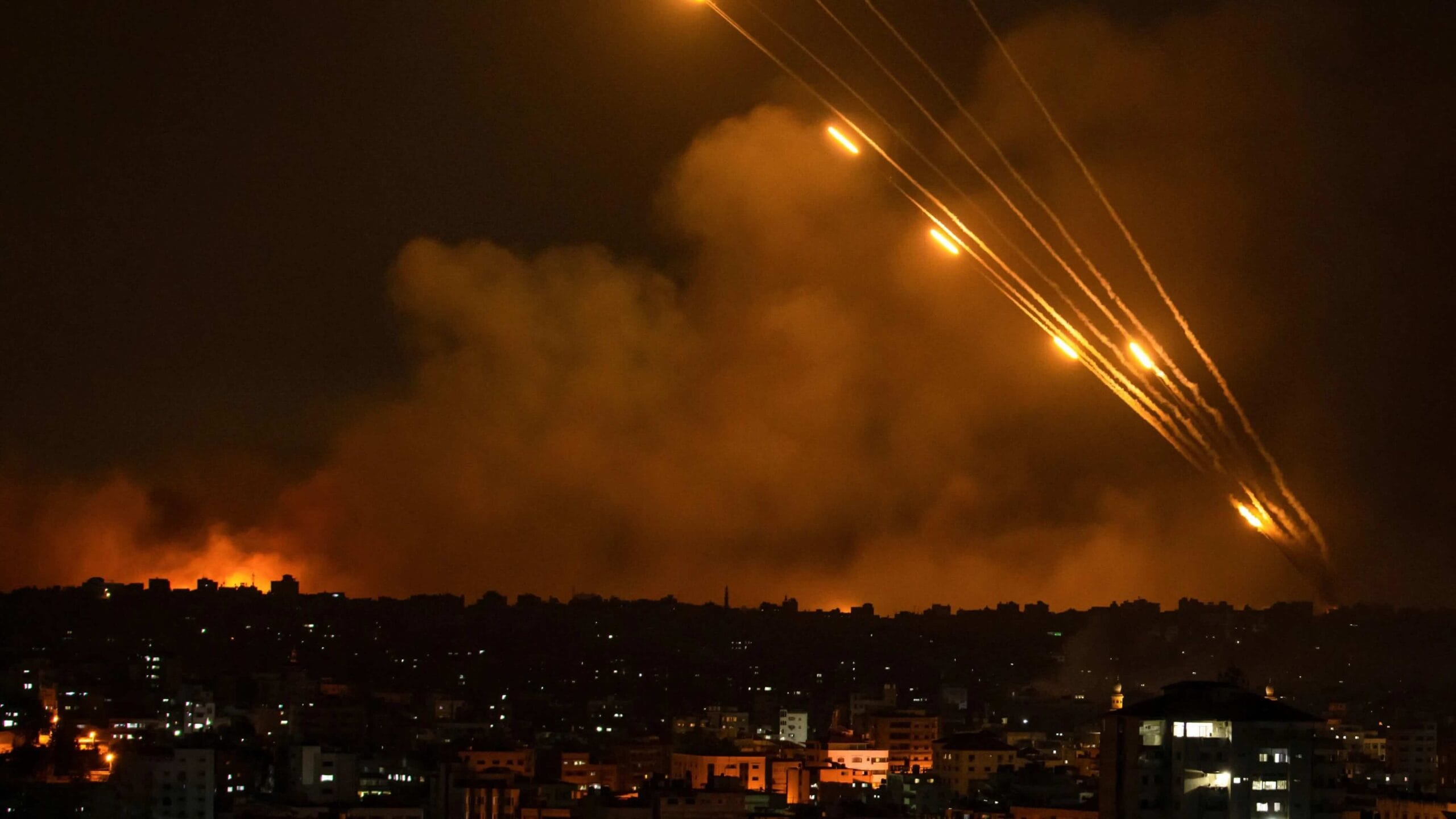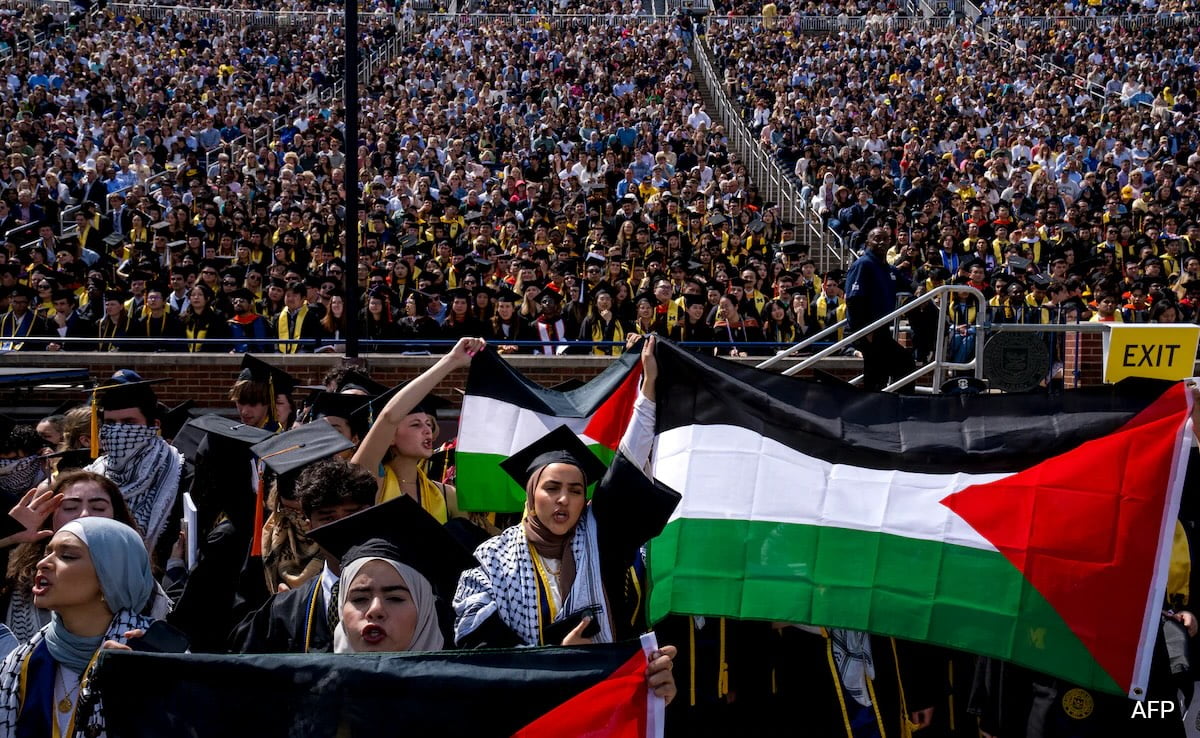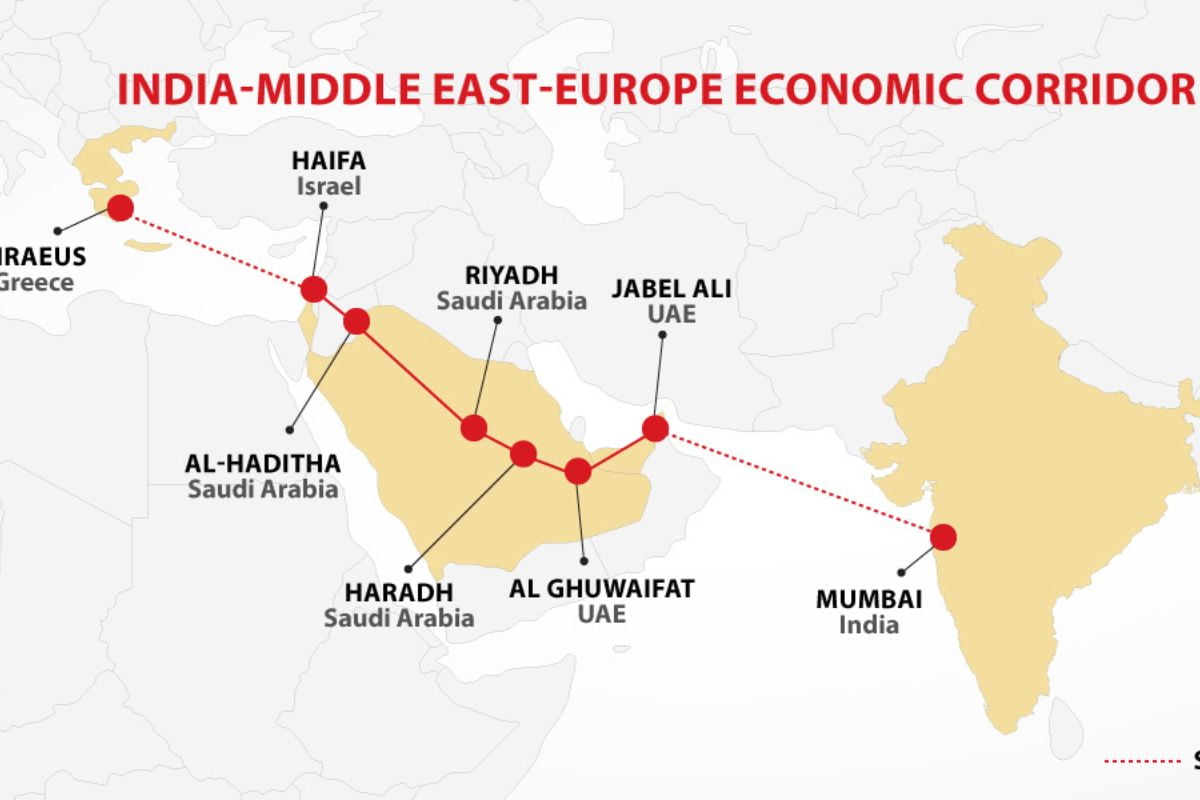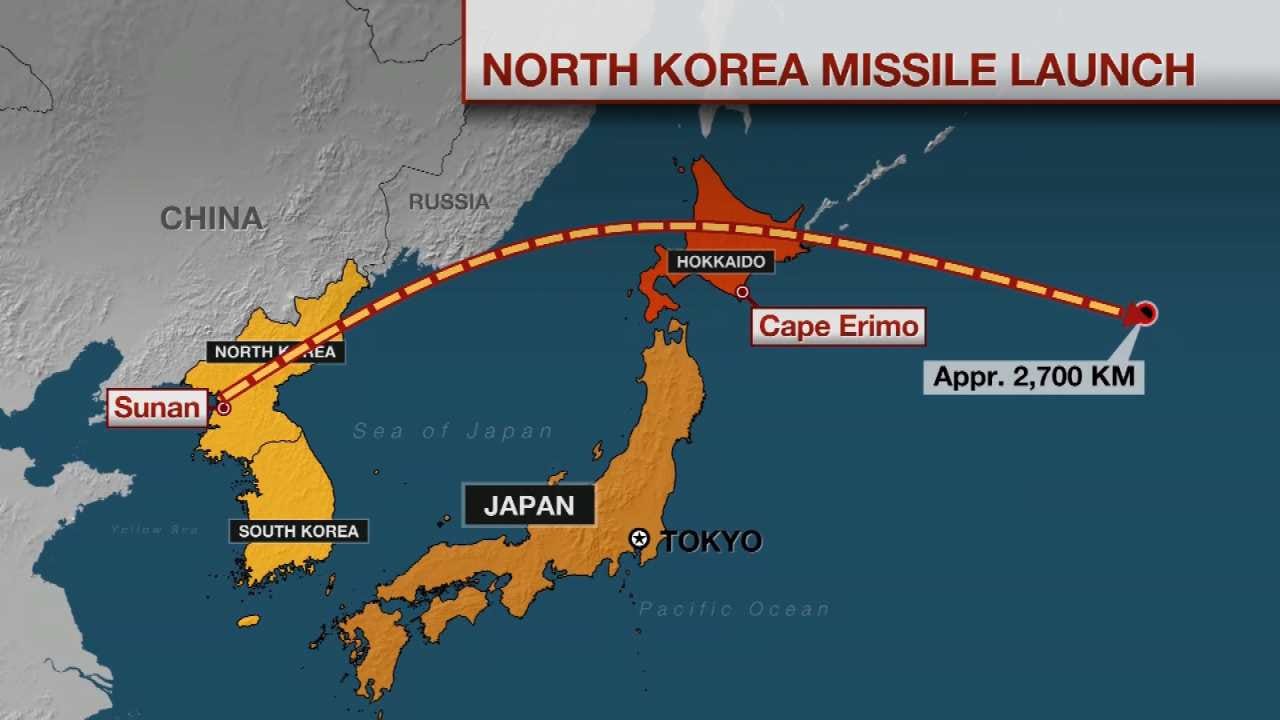On Thursday Vladimir Putin hosts his annual press conference, in which he answers softball questions about the year’s achivements at great length. Russia’s president may be cheerful. His forces continue to progress in eastern Ukraine, albeit at a cost of many men. And Donald Trump’s victory might provide a boon. Many people think he will keep his promise to end the war swiftly by imposing a bad deal on Ukraine. Still, the Russian president has plenty of problems.
Tag: Israel-Hamas War
The Caretaker Prime Minister of Syria
On 8 December 2024, the Syrian Arab Republic under Bashar al-Assad collapsed amid major offensives by the Syrian opposition (led by Hayat Tahrir al-Sham – HTS and supported by other rebel groups, including the Turkish backed Syrian National Army) as part of the Syrian civil war which began in 2011. The fall of Damascus marked the end of the Assad’s regime, which had ruled Syria as a totalitarian hereditary dictatorship since 1971.
Rebels Declare Damascus Free of al-Assad
After just a few days of rapid advances, the rebels appeared to control Syria’s capital. Rebels declared that they would work with a top official in President Bashar al-Assad’s government. Mr. al-Assad’s location was unclear. Rebel fighters stormed into Syria’s capital, Damascus, on Sunday, taking them to the brink of a stunning victory as evidence mounted that Syrian forces and their leader, President Bashar al-Assad, had fled. In just two weeks, a bitter stalemate that had held for years in Syria has been snapped.
Israel-Hamas War: A Year of Bloodshed and Stalemate
The Israeli-Palestinian conflict has a long history and is a complicated topic. Hundreds of thousands of Palestinians were displaced when the State of Israel was established in 1948. Since then, the region has been defined by decades of violence, including revolutions and wars. The Palestinian Islamist group Hamas first appeared in the 1980s and took over the Gaza Strip in 2007. The organisation has played a significant role in the war, frequently confronting Israel with weapons.
Mossad’s Strategic Gambles in the Middle East
Two years after the US struck the Al-Qaeda chief in Afghanistan, Israel has allegedly carried out an offensive covert operation in Iran, killing its most wanted Hamas chief, Ismail Haniyeh, in a mysterious, sophisticated bomb blast, one of the critical successes in the global terror landscape after the US. However, Intelligence work in complicated situations has always led to playing a zero-sum game where conflict can go in two ways: either all hell breaks loose, or it can be strategically controlled and minimise escalation.
How Far Have University Student Protests Influenced Solidarity with Gaza?
Student protests in solidarity with Palestine have surged at universities worldwide following the escalation of the Israel-Hamas conflict in Gaza. Protesters are demanding that their institutions sever ties with Israel and divest from companies supporting the conflict. The protests, largely organised by coalitions of student groups, have spread across the United States, Canada, Europe, and even Australia. Students have set up encampments on campuses to pressure universities into taking action. Protesters argue that universities should not maintain relationships with entities linked to the Israeli-Palestinian dispute and that such ties are inappropriate.
Impact of Israel-Hamas and Russia-Ukraine Conflicts on Stock Markets
Geopolitical conflicts have the potential to impact global stock markets through various economic and financial channels. Disruptions to energy and commodity supplies, increased market volatility, and heightened economic uncertainty can all weigh on investor sentiment and stock prices. Additionally, the potential for these conflicts to escalate and draw in other regional or global powers could further exacerbate their impact on the financial markets.
Integrating Oman and Egypt into the India-Middle East-Europe Economic Corridor
As the Israel-Palestine conflict persists, the India-Middle East-Europe Economic Corridor (IMEC), announced in the backdrop of the G20 summit held in Delhi in September, 2023, remains a non-starter. The resolution of the Israel-Palestine conflict is nowhere in sight. As opposed to delaying the implementation of IMEC until the crisis is resolved, the participating nations could look at additional routes that would connect India to Europe bypassing Israel. One such route can connect India to Europe via Oman, Saudi Arabia and Egypt, while the rest of the Gulf Cooperation Council countries can be connected to the corridor via branch routes.
North Korea fires Ballistic Missile, Heightening Tensions with Japan
The West claims that Moscow’s support for North Korea’s missile programme has been crucial to its defence posture in the region vis-a-vis American presence in the region. Pyongyang openly defies a ban imposed by the United Nations Security Council on developing ballistic missiles. North Korea asserts international objections against its missile programs as infringement of its sovereign right to defend itself.
Israel Conducts Airstrikes on Iran Despite US Implorements to not Retaliate
According to a US official, Israeli Defense Force carried out an air strike on Iran on Friday, April 19, in retaliation to an Iranian attack last Sunday, April 14. The Iranian defense force has blocked three drones near the air base in Isfahan province. However Iran did not make any comment on who could be behind the attack and nor did Israel claim responsibility over the strike. The No large scale damage was caused by the attack, reported CNN. Sources said that Netanyahu government’s war cabinet has been planning for an attack since Monday which was hold back due to international pressure coming from allies like the United States and Gulf.
